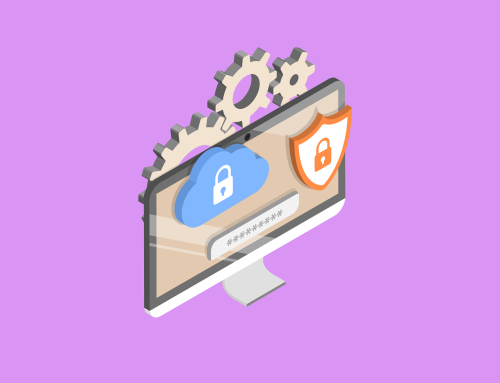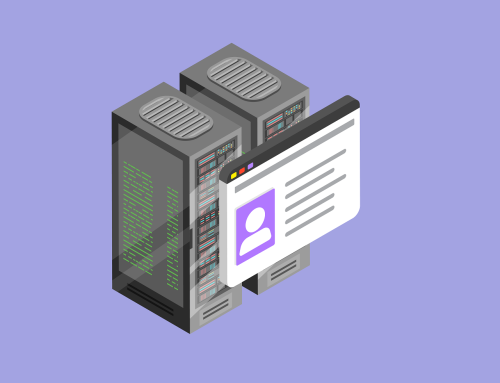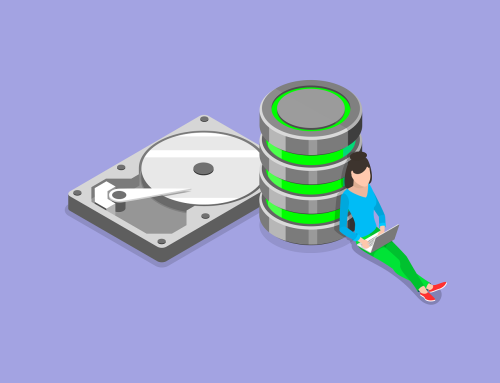Protecting Your Company from a Data Breach
Protecting your company from a data breach involves a multi-layered approach that includes technological, organisational, and human elements.
Data breaches are events that results in confidential, private, protected, or sensitive information being exposed to a person not authorised to access it. Breaches can be the consequence of an accidental event or malicious intentional action to steal information from the organisation.
Discussed below are some of the main ways your organisation can protect itself from a potentially damaging data breach.
Training
Training employees to ensure they follow best practices and protocols, while making common threats easy to spot, greatly reduces the chances of a serious data breach.
Many data breaches occur as a result of human error within the organisation. All it takes is a simple but effective phishing email to give malicious attackers unauthorised access to sensitive data. Security awareness programs and phishing simulations educate employees on how to recognise social engineering attacks.
This type of training needs to be a regular occurrence, with all levels of staff remaining up to date with best practices.
Only Keep What You Need
Minimising the data your company retains is a crucial aspect of data security and privacy. In the unfortunate case of a data breach occurring, the last thing your organisation needs is unused data leaking.
When dealing with sensitive customer data it’s incredibly important for organisations to have retention policies in place. These policies specify how long different types of data should be kept and the justification for retaining it. This policy must comply with the relevant regulatory body. In the case of an organisation operating in Ireland, GDPR must be complied with.
Data collection should be limited to what is necessary for your business processes. Secure destruction of data no longer in use by the organisation also helps limit risk in the long run.
Regularly auditing your organisation’s data retention practices while ensuring compliance also helps protect your company from a wider, more damaging data breach.
Up-to-date Security Software
Firewalls, anti-virus software, and anti-spyware software are important tools to defend your business against data breaches.
Both intrusion Detection Systems (IDS) and Intrusion Prevention Systems (IPS) should be used to monitor network traffic for suspicious activity and respond to potential threats in real-time.
Ensuring your security systems are up to date is just another layer of protection against a malicious activity.
Protecting Portable Devices
If your organisation allows for remote working policies, it’s important that there is an effective Remote Access Policy in place to implement and enforce controlling how, when and where employees can access company systems.
It should also be required that these are company-approved devices with up-to-date security software installed.
Carefully Manage Access
Managing employee access is crucial for protecting your company’s data and minimising the risk of breaches. Role-based access controls allow an organisation to grant employees permission access to certain files and folders based on their job function.
The role-based access controls should be reviewed periodically to ensure nobody has access to data they shouldn’t and that their permissions align with current job functions and organisational needs.
Passwords
One of the most common causes of data breaches continues to be weak passwords. Easily compromised passwords enable attackers to steal user credentials and give them access to corporate networks.
As people often reuse passwords across multiple accounts it allows attackers to launch brute-force attacks to hack into additional accounts, extending the potential damage.
Are you preparing to alter your data management strategy? If so, contact us today on +353 1 8041298, or click on the link below to our contact form.









